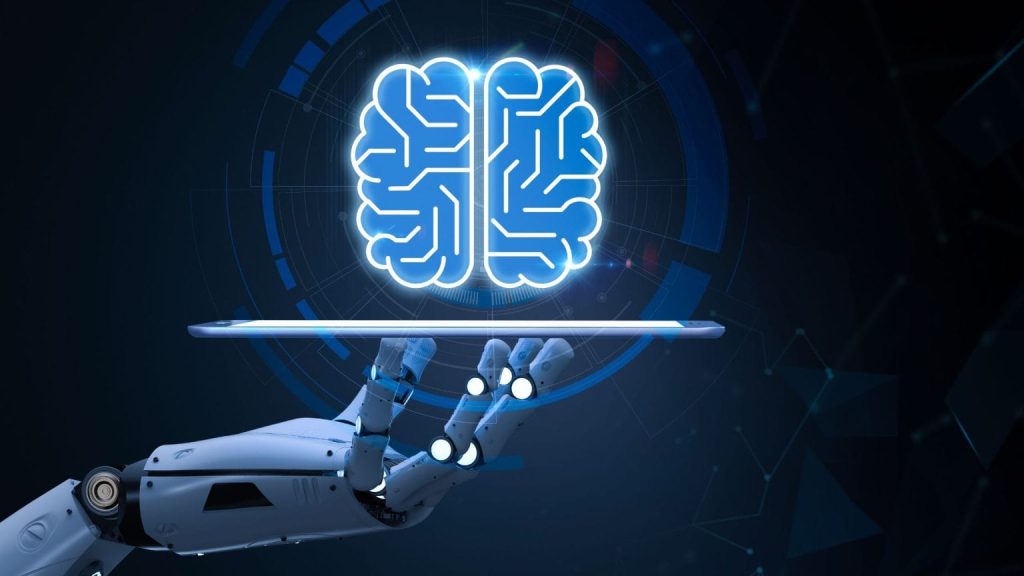Somewhere in the 90’s a speaker said the future of the law offices will rely on a lawyer, a dog, and a computer. A computer to operate all the legal operations of a law firm and a dog to keep the lawyers busy and relaxed.
In November 2022, a US based artificial intelligence research lab, OpenAI released ChatGPT. ChatGPT is an artificial intelligence bot capable of answering complex questions. Would you believe it passed a Wharton MBA exam recently? It generates text by traversing the closest sequence of words to appear next, given the words already written. It’s more like hitting a “TAB” continuously on a super smart autocomplete.
ChatGPT – An AI Tool Worth Billions
ChatGPT is a powerful language processing tool trained by reading 350 billion words from the World Web. This is a deep learning application extracting more than 175 Billion parameters.
WIth such a massive processing algorithm what would ChatGPT look like in the next 10 years? The question is hypothetical but interesting enough to have a discussion on.
Legal professionals are often assumed to be tech lays. And with ChatGPT in the game, things may juggle around for lawyers. The big question is, will this new Artificial Intelligence (AI) tech make legal researchers obsolete? The answer may be yes or a delayed NO. With this generation moving superfast towards AI it may happen tomorrow, next week or not even for months to come. Anyway, the new AI tech tool – ChatGPT is still in the testing period, which means hopes are still kicking and alive.
I am sure you may have used ChatGPT by now. If not, give a try and test it on different parameters. I am not sure how well and deep ChatGPT can read and understand documents. But when I used it for a case judgment, I was impressed enough with the results.
We went on multiple tests with ChatGPT for different legal operations, majorly legal research. The AI was able to find inferences, end points, and proved to be conclusive in the results.
Will ChatGPT replace Legal Research?
Even after all the good work, ChatGPT has its own flaws:
- Paid Service AI – Starting with the costs, OpenAI stepped in the market as a non-profit organization with a goal to make AI available to one and all. However, a few days back, Microsoft invested in ChatGPT through Azure making it a billion dollar tech. This makes it difficult for solo practitioners and law firms to use the expensive tech.
- ChatGPT – OpenAI, San Francisco, CA 94110 United States. – Even when the AI tool is good enough people don’t have access to deploy it in their legal system. This creates a barrier for lawyers to download and merge the app with their law firm management software.
- Training ChatGPT for a Purpose – Even when the AI is well-versed with reading documents, it needs a certain amount of training. It is required to adapt the ChatGPT to certain legal document libraries which are confidential.
Developers across the world claim that AI can take over legal researchers and lawyers as a profession. However, with advanced technology comes boons and banes. May this new AI tech be powerful enough to replace lawyers but, answer me a simple question! Can you trust ChatGPT with your confidential files, especially when it works on a self-training module?
The legal world revolves around confidential client information and huge document piles. However, it’s important for law firms to implement automation tech that can merge with their current software to make the processes easier and faster. We at CaseFox, have best-in-industry solutions for law firm management and legal operations. So if you seek to implement a powerful legal software in your law firm, get in touch with us. We Offer Premium Features At Unmatched Price across the complete legal industry.

